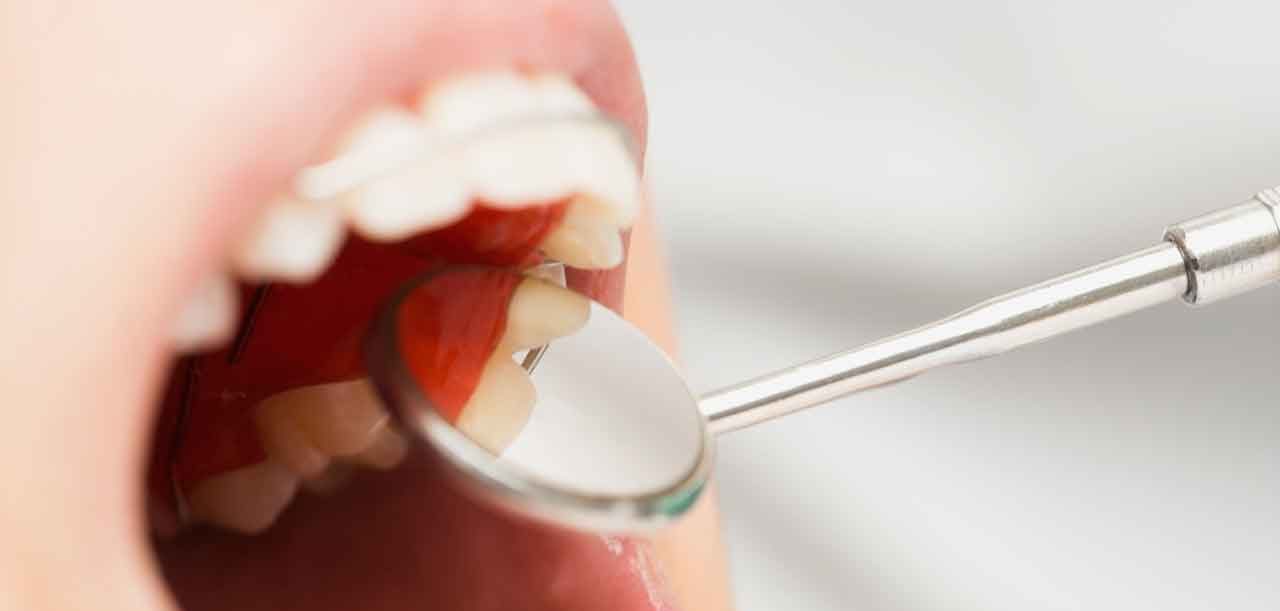How to Keep Your Gums Healthy

Poor dental hygiene can lead to gingivitis. If you develop periodontitis, your gums may develop sores, and you may have continual bad breath and lose teeth.
Brushing your teeth and flossing may seem a skippable chore. But that chore is one of the easiest, most efficient ways to tend your overall health — much more so than you might guess. It may seem hard to believe that a well-flossed mouth could make you more fertile and slow mental decline, but there’s evidence on both points.
“Many people falsely think that flossing is too time consuming or just not that important,” says Wayne Aldredge, DMD.
People often dislike it, too. In one survey from the American Academy of Periodontology, about a third of Americans said they’d rather wash dishes or sit in traffic. That helps explain why nearly half of Americans aged 30 and up have inflamed gums. The problem is serious in about 20 percent of that group.
Among smokers and seniors, more than 60 percent have gum disease. Altogether, inflamed gums are more than twice as common as diabetes.
YOU MIGHT ALSO LIKE: Is Gum Disease Hereditary?
Dental problems from poor dental hygiene
Gingivitis is the mildest form of gum disease. If you develop periodontitis, your gums may develop sores, and you may have bad breath and lose teeth.
Look in your mouth now, in the mirror:
- Are your gums red and swollen?
- Do they bleed when you floss?
There are more than 500 bacterial species in dental plaque that collect under your gum line. Simply brushing your teeth won’t remove them. They do harm even if you don’t feel any pain. Your gums react to the infection, becoming inflamed, just as your finger would react to an infected cut.
Other health problems from poor dental hygiene
Gum disease may be an early marker of other problems — or chronic inflammation, sometimes called systemic inflammation, could be a factor in, or accelerating, illnesses elsewhere in the body.
Women with gum disease may take longer to conceive, and some say gum bacteria can affect the fetus in a pregnant woman. Studies have found people with gum disease are more likely to have heart disease, type 2 diabetes, lung cancer, and other cancers. Researchers have zeroed in on two species of bacteria in the mouth associated with pancreatic cancer.
Inflammation seems to accelerate the course of Alzheimer’s disease. In a study of 60 people with mild to moderate Alzheimer’s still living on their own, researchers tested their mental skills, took blood samples to measure general inflammation, and had a dental hygienist examine their mouths. Six months later, they followed up.
The people who had inflammation and gum problems at the beginning were now more inflamed, and they did six times worse on the cognitive tests — compared to people with the same diagnosis but healthy gums.
Part-time caregivers note: Are your family members flossing and getting to the dentist? Even people living on largely liquid diets need to floss, according to Aldredge. People with psychiatric problems like depression are more likely to lose their teeth.
How to keep your gums healthy
Brush your teeth twice a day and floss to remove bacteria brushes can’t reach. On the top teeth, brush from the gum down, releasing anything that might be trapped. On the bottom teeth, brush up for the same reason.
Floss at the end of the day and between meals, especially if you tend to get food stuck between your teeth. Some people like to use a small plastic holder to anchor the floss, or electronic devices. You might ask your dentist for advice. Waxed floss typically glides more easily between your teeth, especially teeth that are close together, but some people prefer thinner, unwaxed floss.
Your dentist can examine your mouth for signs of problems. One visit a year may be enough for some people. Go twice a year you smoke, have diabetes, or have a family history of gum problems. Consider more frequent visits if you’re at risk.
Periodontists, who train for three years after dental school, specialize in treating periodontitis. In many cases, the problem is reversible, but you’ll save yourself time, money, and discomfort if you prevent or minimize problems.
Brush. Floss. Brush. Floss.
Updated:
August 09, 2023
Reviewed By:
Janet O’Dell, RN